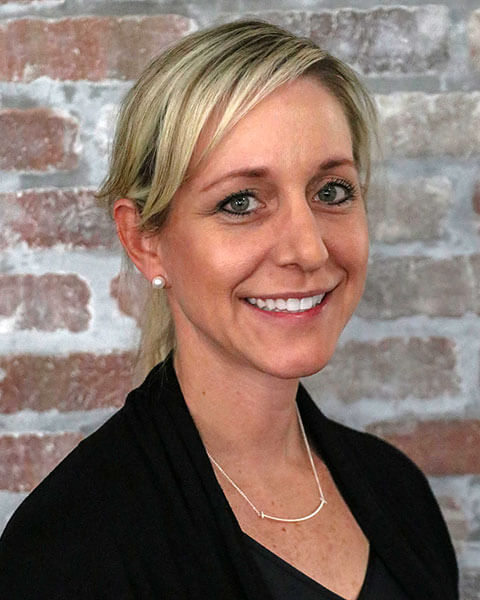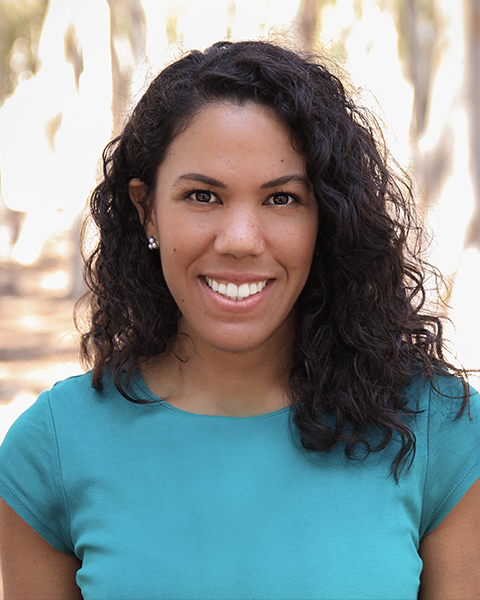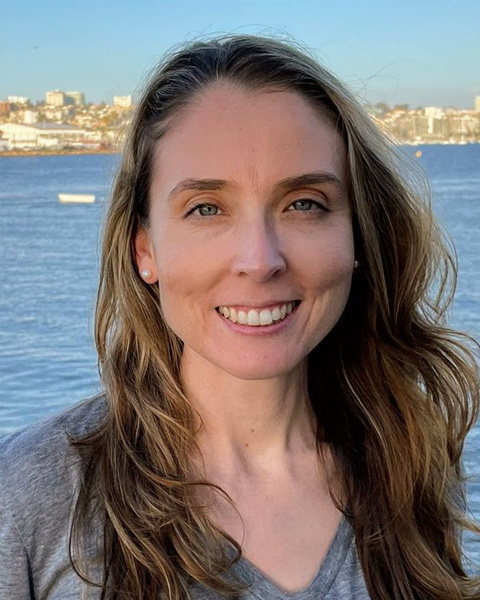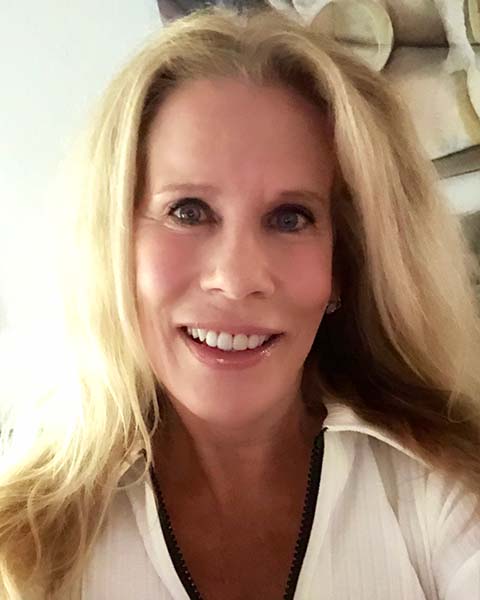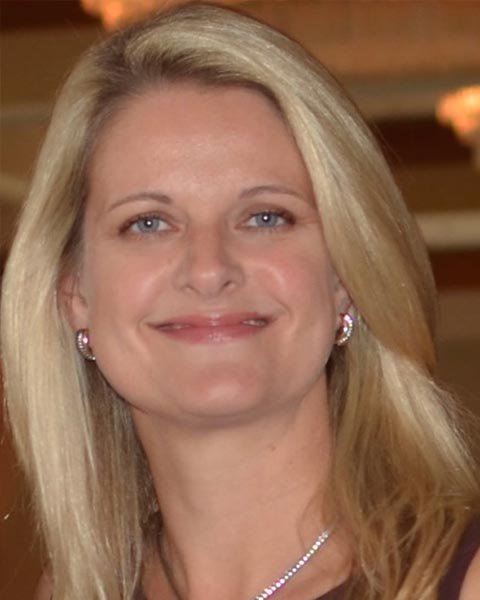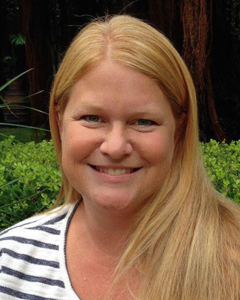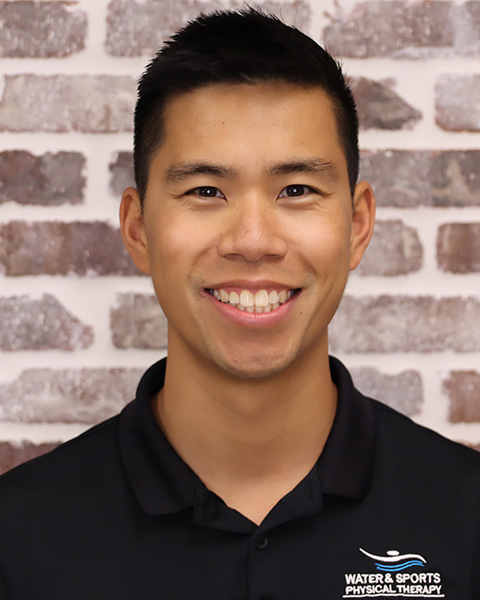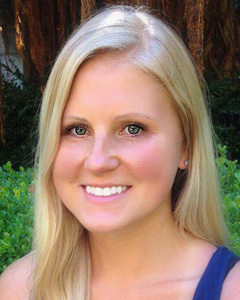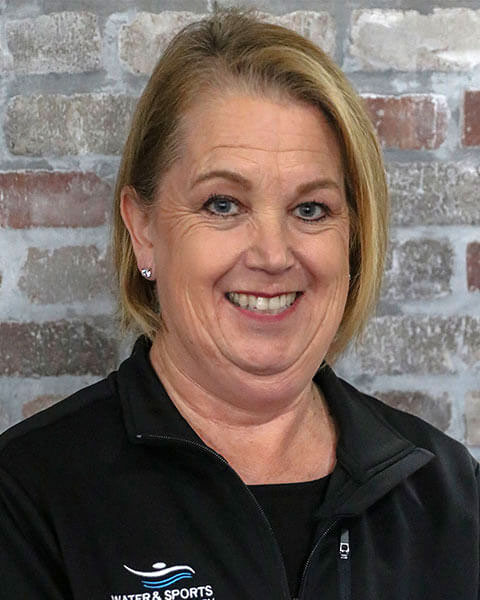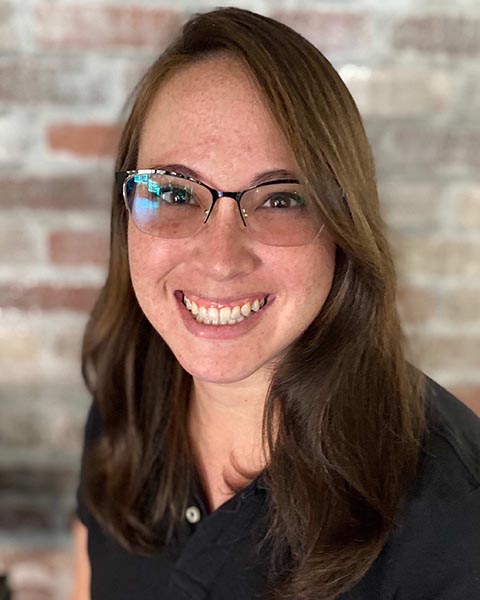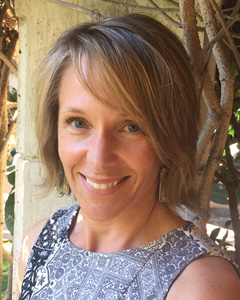(858) 488-4810 (858) 746-4113
OUR SERVICES
Myofunctional Therapy
Orofacial Myofunctional Disorders (OMD) involve behaviors and patterns created by inappropriate muscle function and incorrect habits involving the tongue, lips, jaw and face. Orofacial Myofunctional Therapy is used to correct improper function of the tongue and facial muscles used at rest and for chewing, swallowing, and speaking. In a tongue thrust, the tongue pushes against or between the front or side teeth during swallowing and/or speaking, rather than lifting up to the roof of the mouth. There is also frequently a low forward resting posture of the tongue and open lips/mouth. Just as the controlled forces of orthodontic appliances such as braces can move teeth, the abnormal functions and postures of the tongue and mouth can influence the development of the teeth, jaw, and face.
Why Be Concerned?
Abnormal functions and postures of the tongue, lips, and mouth can adversely influence dental growth, slow orthodontic treatment, and can undermine the stability of the orthodontic correction resulting in relapse. Habitual open-lip posture negatively affects the development of the dental arch and the growth patterns of the teeth. There is also a high correlation of speech problems in those individuals with OMD. When there is a combination of OMD and related speech errors, it is often difficult to correct the speech problem through traditional speech therapy alone. Individuals who exhibit OMD frequently have poor chewing/eating function. The temporomandibular joint may also be negatively affected when an OMD is present. Children and adults with incorrect chewing and swallowing patterns frequently chew their food with their lips open, usually taking large bites and swallowing without completely chewing the food. This behavior often leads to food particles around the mouth, noisy chewing and swallowing (smacking and gulping) and a messy eating area. It can also cause an upset stomach from swallowing too much air. Furthermore, a habitual open mouth posture can lead to increased incidence of upper respiratory illness and allergies.
What Causes Tongue Thrust & Forward Resting Postures of The Tongue?
Possible causes may include:
- Improper oral habits: such as prolonged thumb or finger sucking, prolonged pacifier use, cheek/nail biting, tooth clenching/grinding
- Restricted nasal airway: due to enlarged tonsils/adenoids, allergies, sinusitis, deviated septum, or any airway issues promoting open mouth posture and/or mouth breathing.
- Structural or functional abnormalities such as a short lingual frenulum (tongue-tie), narrow palate, or a short upper lip.
- Neurological or developmental abnormalities
- Hereditary/genetic predisposition
How Effective Is Myofunctional Therapy?
Numerous studies have demonstrated the effectiveness of Orofacial Myofunctional Therapy in correcting improper oral habits, tongue postures, and tongue thrusting for chewing, swallowing, and speech. In turn, research and clinical evidence shows that therapy assists in the orthodontic process of aligning the jaws and teeth and also helps in reducing orthodontic relapse. For many orthodontic patients, therapy is crucial in achieving positive and stable orthodontic results and preventing any dental relapse. Therapy is also effective in correcting any negative oral habits (such as thumb sucking, cheek biting, clenching and grinding) as well as treating TMJ and facial pain due to orofacial myofunctional issues. Therapy can also help in the enhancement one’s appearance and in the maintenance of optimum dental health for a lifetime of benefits.
Speech Therapy
- Speech Articulation difficulties including speech sound impairments, apraxia, motor planning and neurological impairments, speech clarity challenges, and general speaking skills
- Receptive and Expressive Language issues including learning disabilities, dyslexia, auditory processing challenges, aphasia, post-stroke, TBI, and other neurological issues.
- Accent Modification therapy
- Voice Issues including hoarse voice, vocal fold nodules, and other voice issues
- Stuttering and Speech Fluency
- Social/pragmatics including therapy for autism, Asperger’s Syndrome, TBI, and other social skills challenges
- Cognitive Impairments including help with organization and memory challenges
Occupational Therapy
Occupational therapy practitioners are skilled professionals. Their education includes the study of human growth and development, with specific emphasis on the social, emotional and physical effects of illness and injury. They help individuals with illnesses, injuries, certain conditions or disabilities get on with their “occupations” of living.
Occupational therapy practitioners are unique in that they look at the whole picture when it comes to a person’s treatment- the individual’s abilities, the task to be performed, and the environment in which the task takes place.
Children
About one-third of occupational therapy practitioners work in school systems, pediatric hospitals, and health care facilities helping millions of children. This places OT practitioners on the frontlines of information about child health and wellness.
Within the school system, occupational therapy helps children facing physical, cognitive, or mental health challenges that affect their school performance, socialization, and health. School-based occupational therapy assessment and intervention focuses on certain areas:
- Activities of daily living (caring for self-needs such as eating, dressing, and toilet habits)
- Education (achieving in the learning environment)
- Play (interacting with age-appropriate toys, games, equipment and activities)
- Social participation (developing appropriate relationships and engaging in behavior that doesn’t interfere with learning or social relationships)
- Work (developing interests and skills necessary for transition to community life after graduation)
Adults
Occupational therapists perform a variety of services for individual adults, such as rehabilitation therapy after a work injury or accident. Occupational therapists also work in consultation with employers and community based organizations on a number of fronts, from program and facility design to day-to-day operations. Occupational therapists serve as advisors to manufacturing and service companies in areas covering wellness, ergonomics, and rehabilitation. Community organizations, government agencies, even construction companies confer with occupational therapists to develop programs to meet the needs of specific populations in the area of community mobility, wellness, facility design, and universal accessibility.
Older Adults
Nearly one-third of occupational therapy practitioners work with older adults. They perform many types of activities, employing many types of therapies, with the overriding goal of helping older adults regain or maintain a level of independence that will allow them to age in place for as long as possible. Occupational therapy has been proven effective for seniors living with various medical conditions or recovering from surgery. In addition to working with individuals to increase strength or regain important life supporting skills, occupational therapists work throughout a community, counseling families, local governments, and community groups to ensure that each is doing what it can to help older adults maintain their independence. (information taken from the AOTA website)
Physical Therapy
- Social Skills Development and Programs
- Ways To Enhance Language Skills
- What Are Orofacial Myofunctional Disorders
- Myofunctional Therapy and Sleep-Disordered Breathing
- Myofunctional Therapy for the Pediatric Dentist and Orthodontist
- The Role of The Frenum In The Development of The Mouth
- Myofunctional Therapy in the Treatment of Open Bites
- Sucking Habits
- Temporomandibular Disorders, Bruxism, and the Role of the Myofunctional Therapist
- Sensory Processing Disorders
Please contact us for a schedule of courses or to request for us to come to your office, school, or other location.
CARMEL VALLEY
SDCST
11622 El Camino Real, Suite 100, San Diego, CA 92130
12526 High Bluff Drive, Suite 300
San Diego, CA 92130
MISSION BEACH
SDCST
2305 Historic Decatur Road Suite #100
San Diego, 92106
(located inside the Regus Building)
2999 Mission Blvd Unit 101
San Diego, 92109
(***Located inside Water & Sports Physical Therapy***)
Speech-Language Pathologists
Myofunctional Therapists
Occupational Therapists
Physical Therapists
SDCST Office Staff
Pediatricians (Developmental/Behavioral)
Special Education Advocates
Copyright 2015© San Diego Center For Speech Therapy | All Rights Reserved



